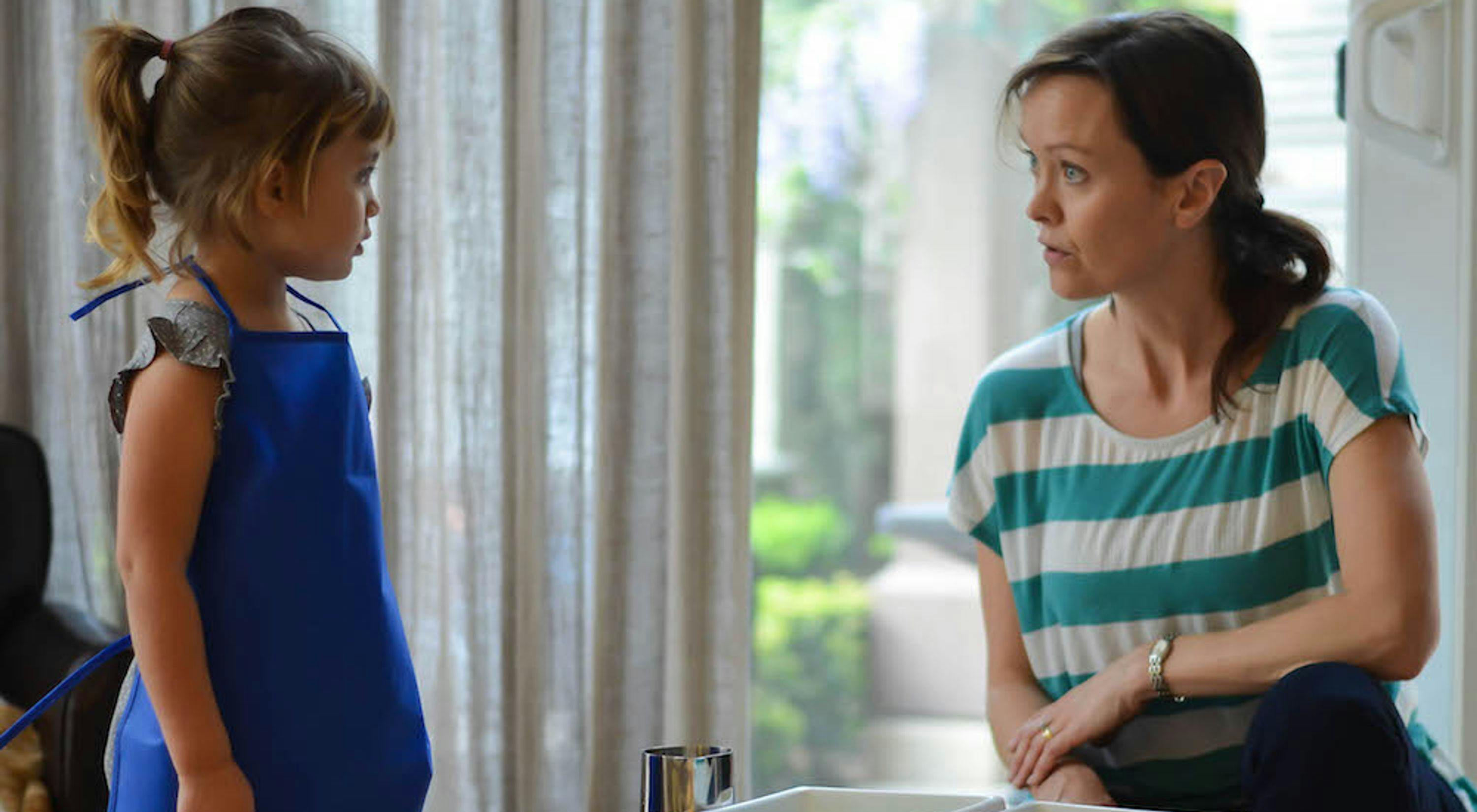Positive Rephrasing Builds Confidence in the Child
Choosing positive phrasing means your words are optimistic: You choose to focus on what you can do as opposed to what you can't. You declare what is possible, not what isn't, and it makes a difference in how your child hears you
The Guidepost Team
So much of being in a respectful relationship with a child has to do with positive affirmation. What kind of words are you using in conversation?
If we talk down to a child — saying no without reason or belittling their role in a decision — we place within the relationship a sense of hierarchy that lessens the trust between parent and child and forces the child to be more discouraged than optimistic.
But, if we choose instead to speak factually, stating what IS true rather than what ISN'T, the child begins to build trust for the adult and focus instead on what’s possible in the big, complex world around him.
Positive phrasing is about using positive words with a uplifting tone of assurance in language. This is not about saying yes every time. It’s about being straightforward, concise and honest, even if you have to say no. If your child asks to go to the park and you don’t have time that day, positive phrasing would be to say, “I like that idea. Let’s go to the park tomorrow,” instead of, “No, we cannot go to the park today.”
Positive phrasing is brief and declarative. It is to say, “I want to stay home,” instead of, “I don’t want to go to the park.” Positive rephrasing focuses on what the child can do instead of what he can’t do. If he asks for a snack, say, “Let’s eat a snack after lunch,” instead of, “You don’t need a snack right now.”
And, positive language sees the good, not the negative. Instead of saying, “We are never late for school,” it is saying, “We are always on time.” Unlike No, Not, Nothing, Nowhere, or Never, positive words are affirmative and feel good. Instead of, “Until you put your shoes on, we cannot play outside,” you say instead, “Once your shoes are on, we will play outside.”
Positive language helps the child to feel confident in what’s to come, and it's easy to communicate the good.
The Guidepost Team
The Guidepost Team is a group of writers and educators dedicated to helping demystify all things Montessori.
Sign up for our newsletter
Get started with our community today! Sign up for resources.
